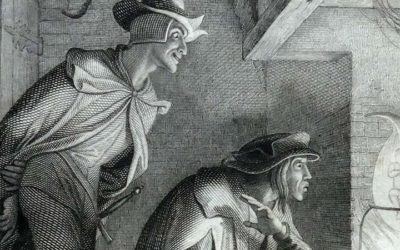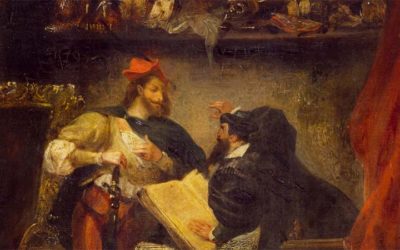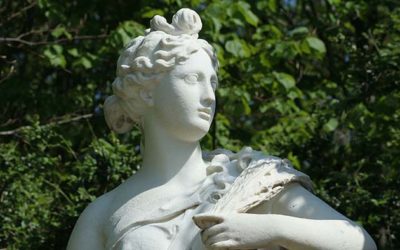The holiday season (whatever holiday you celebrate) is always a special time set aside for family and friends to share and give of each other.
This holiday season is going to be an exceptionally difficult one—in light of all the travel restrictions that are still in place in many parts of the world.
Who in the world will ever forget the year 2020?
To say that it has been one of the most challenging and difficult cycles in recent history that people have ever experienced—is an understatement!
Charles Dickens said it best: “It was the best of times, it was the worst of times, it was the age of wisdom, it was the age of foolishness, it was the epoch of incredulity, it was the season of light, it was the season of darkness, it was the spring of hope, it was the winter of despair.”
This could easily apply to us in the here and now and not just to something that occurred
over two hundred years ago.
Not to make light of the present situation or the tremendous financial/economic burden that has been forced upon us (I say forced, because we really don’t have a say in it either way), but probably close to 70% or more of the world’s population lives through an ugly harsh reality everyday. (i.e., wars, famine, disease/debilitating illness, poverty, etc., etc.)
So, having said that—let’s concentrate on the positives and on all the things we can conceivably control.
Now, I’m going to relay an esoteric meaning behind Christmas that is probably unknown to a great majority of people.
The winter solstice (in December in the northern hemisphere and in June in the southern
hemisphere) was a pagan holiday that celebrated the mystical death and rebirth of the sun.
So, what exactly does that mean, anyway?
I’ll give a summarized description.
For me, my first understanding of this came with the beautiful Hellenic myth of Persephone (at least, in an unconscious form).
Persephone (the daughter of Demeter) was captured and taken hostage to the underworld by Hades. But then, a compromise/agreement between Hades and Demeter was reached. Hades allowed Persephone to go free once a year (the spring through the summer) so she could see and be with her mother.
But, as part of the pact/agreement, at the end of her sojourn with the living—she had to return to the underworld once more.
Okay, great! Now let’s unravel the mystery, shall we?
In a nutshell: the myth of Persephone served as an allegory or analogy that communicated to us the meaning behind the death and rebirth of nature.
In other words; physical nature dies in the winter but is reborn in the spring. On the other hand, the spirit of nature is born in the winter and dies in the spring (the dualism of the material world).
So, while physical nature (Persephone) slips away and takes a reprieve during the fall and winter. She (Mother Nature) returns to life in the spiritual world during the fall and winter. But with the promise that she will return again to give life and nourishment to our physical world come the spring and summer.
BTW: I know that there’s an external scientific explanation for the aforementioned as well.
In other words, ancient humankind was simply learning to interpret the outer movements of the stars and constellations in the night sky.
Yes, true enough!
But there’s also a hidden cosmic reality being communicated in the seemingly exoteric
observation of the planets/constellations that external science simply ignores or cannot
understand.
So, there you have it.
That’s truly the hidden significance behind Christmas or any other holiday that’s celebrated around the same time of the year. Whether you know it or not; believe it or not, is another matter!
And that’s why the birth of Christ (the mystical/spiritual Sun) is celebrated in December. It was probably designated the 25th because of the mystical significance behind the number seven.
Interestingly enough, Hanukkah is observed for eight nights and days, starting on the 25th day of Kislev, according to the Hebrew calendar, which may occur at any time from late November to December in the Gregorian calendar.
Although, let’s not lose sight of the meaning or purpose of what was just covered.
Christmas and Hanukkah for that matter, is a celebration of life. In the hope and faith of the renewal or restoration of the spirit of Life and of humanity. Plain and simple!
On that last note, I’ll leave you all with a little anecdote about my own experience growing up in New York.
The real strength or beauty of NYC, has always been the diversity in ethnic/religious backgrounds. We have always seemed to get along and respected/cherished the differences that ultimately—also bring and bind us together.
I can remember when a lot of my Jewish friends started to incorporate a Christmas tree into their Hanukkah celebrations. Something that would have been frowned upon by the very religious/orthodox or even secular Jews just a few generations prior.
Everywhere one looks in this city—there’s always a Christmas tree or menorah somewhere this time of the year. Sometimes, even side by side in a park square or a lobby of a building.
Sometimes, in a friend’s/neighbor’s home.
So, let’s put aside our selfish/egotistical interests and come together in peace and harmony and celebrate Life this holiday season as we should each and every day of the year.
Merry Christmas and happy holidays!
Love and Peace,
Carlos E Romero






0 Comments